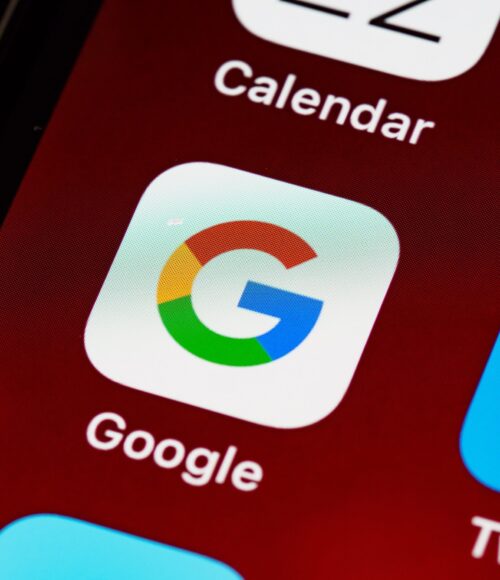Google Ads Update Poses New Challenges for College Marketing Teams

Google Ads Update Poses New Challenges for College Marketing Teams
Are your Google Ads targeted enough to bring in qualified leads?
In the world of digital marketing, not all leads are created equal. If a school’s paid search campaign isn’t reaching the right audience, they’ll waste valuable time and money attracting and contacting the wrong potential students.
That’s why when it comes to paid advertising, lead quality matters more than lead quantity. It may seem counterintuitive to prevent a Google Ad from reaching more people, but targeting ads effectively is essential to any enrollment strategy. It brings in qualified prospects who are more likely to fill out an application and enroll in your school’s program.
Still, navigating the digital advertising landscape is anything but easy. Google has immense power and control over the Internet! When the search giant issues updates to the Google Ad platform, marketing teams have no choice but to adapt.
Earlier this year, Google announced a major change to keyword match types that directly impacts paid search initiatives like Google Ads. As MindMax’s Paid Media Specialist, I’m here to explain what this change means for our colleges’ Google Ads campaigns.
Google Ads Keyword Match Types Explained
Before diving into Google’s new paid search updates, it’s helpful to understand how Google Ads keyword match types functioned before this change.
When we create Google Ad campaigns for colleges we work with, we strategically select relevant keywords to bid on. The idea is that when a prospective student searches for one of those keywords on Google, they’ll be served an appropriate ad.
Up until Google’s major update, there were several ways to think about “keyword match types,” which dictate how closely a keyword needs to match a search query for the ad to be triggered. Suppose the keyword being bid on in this case was “red tennis shoes”:
| Match Type Explained | Example of Match Type | |||
| Exact Match | The search query must match the keyword exactly. Exact match is the most highly targeted match type. | The search query “red tennis shoes” is the only search query that triggers the ad. | ||
| Phrase Match | The search query may include qualifying words on either side of the keyword. | The search queries “yellow and red tennis shoes” or “red tennis shoes for sale” trigger the ad. | ||
| Broad Match | The search query may include words that Google considers synonymous to the keyword. Broad match is the least targeted match type | The search query “red shoes” triggers the ad. | ||
| Broad Match Modifier | The search query may include qualifying words anywhere, not just on either side of the keyword like with a Phrase Match. | The search query “red and blue tennis shoes” triggers the ad. |
In February 2021, Google announced that it would phase out Broad Match Modifier and incorporate that search traffic into Phrase Match—effective worldwide beginning July 2021. This reduces the match types available from four to three.
Why Google Ads Update Will Pose New Challenges for College Marketing Teams
Using Broad Match Modifier always posed challenges for marketing teams. Someone searching for “master of digital marketing” could receive the same ad as someone searching for “digital marketing masters,” even though each person was looking for something entirely different.
Marketing teams had to work conscientiously to ensure that a Google Ad was relevant to the search query. It’s the difference between paying for pointless clicks and bringing in low-quality leads, versus attracting qualified leads who are strong candidates for becoming future students.
Although Google says that the change in Match Types will streamline keyword management and will improve reach to customers (read, more impressions and clicks), folding BMM into Phrase Match essentially takes away advertisers’ ability to conservatively test outside of their keyword sets, without risking the broader possible mismatch of BMM.
Coupled with the reduced visibility to search query reporting rolled out in September 2020, making sure ads are getting in front of the most qualified searchers is more of a challenge than ever. Using best practices around keyword mining and application of negative keywords has never been more important.
Is your head spinning yet? Keeping up with Google’s frequent updates can feel overwhelming. But in this dynamic digital landscape, your objective remains the same: using your paid advertising budget strategically to bring in qualified leads.
The good news is that your school’s internal marketing team doesn’t have to navigate these complexities on its own. The marketing specialists at MindMax are here to help colleges every step of the way. Reach out to learn more about our demand generation services.
Related Ideas
Higher Education Marketing: 6 Ways to Prevent Email Fatigue

